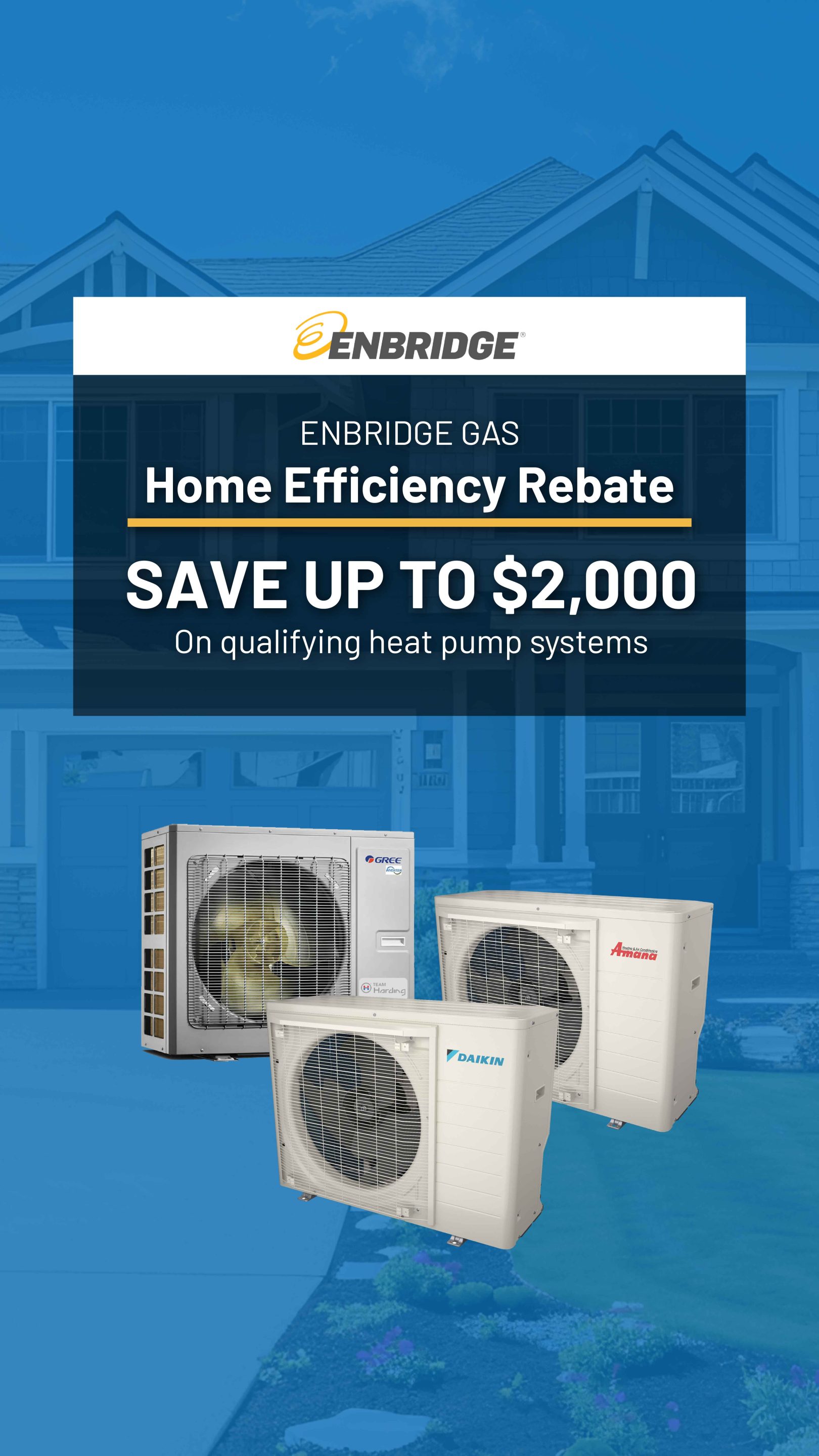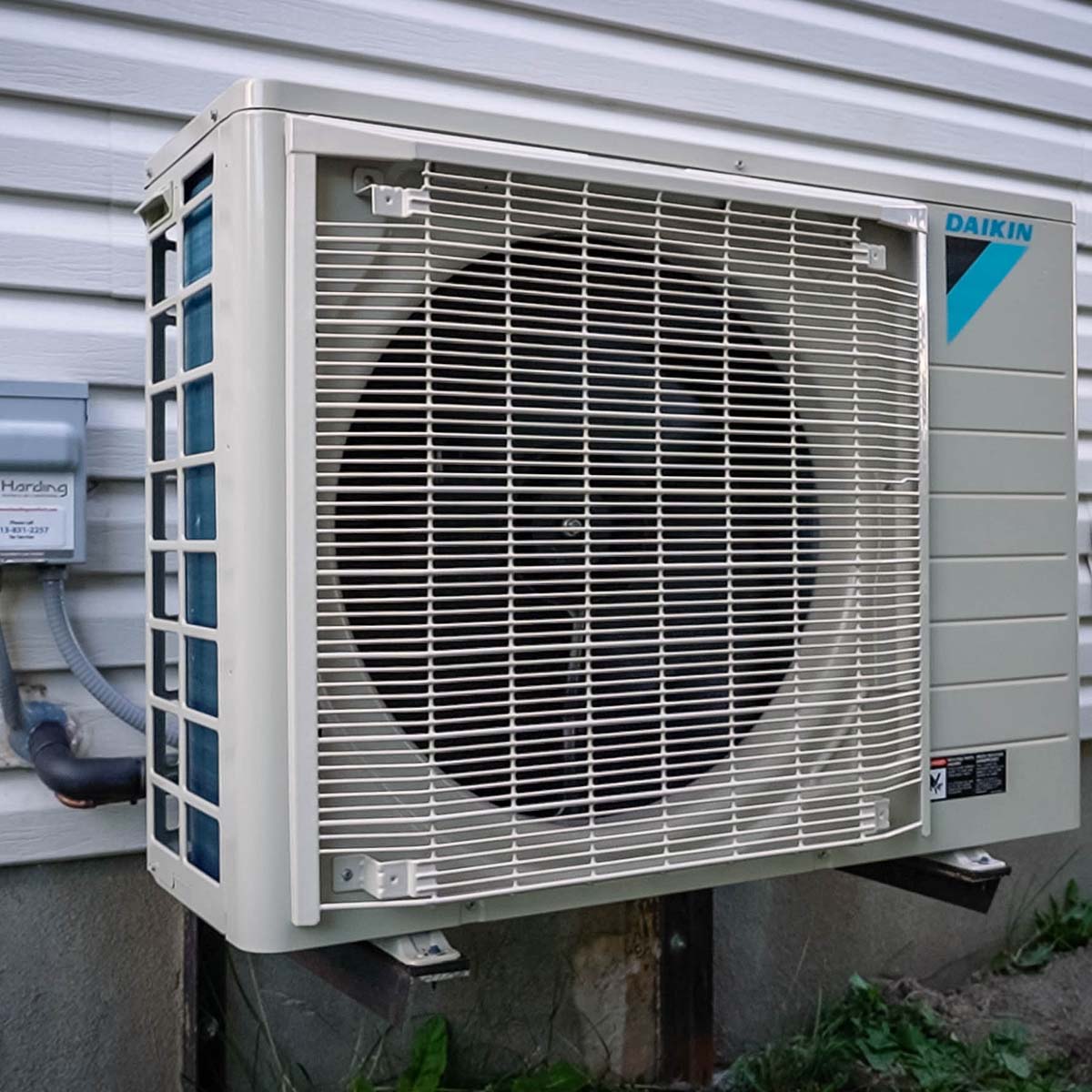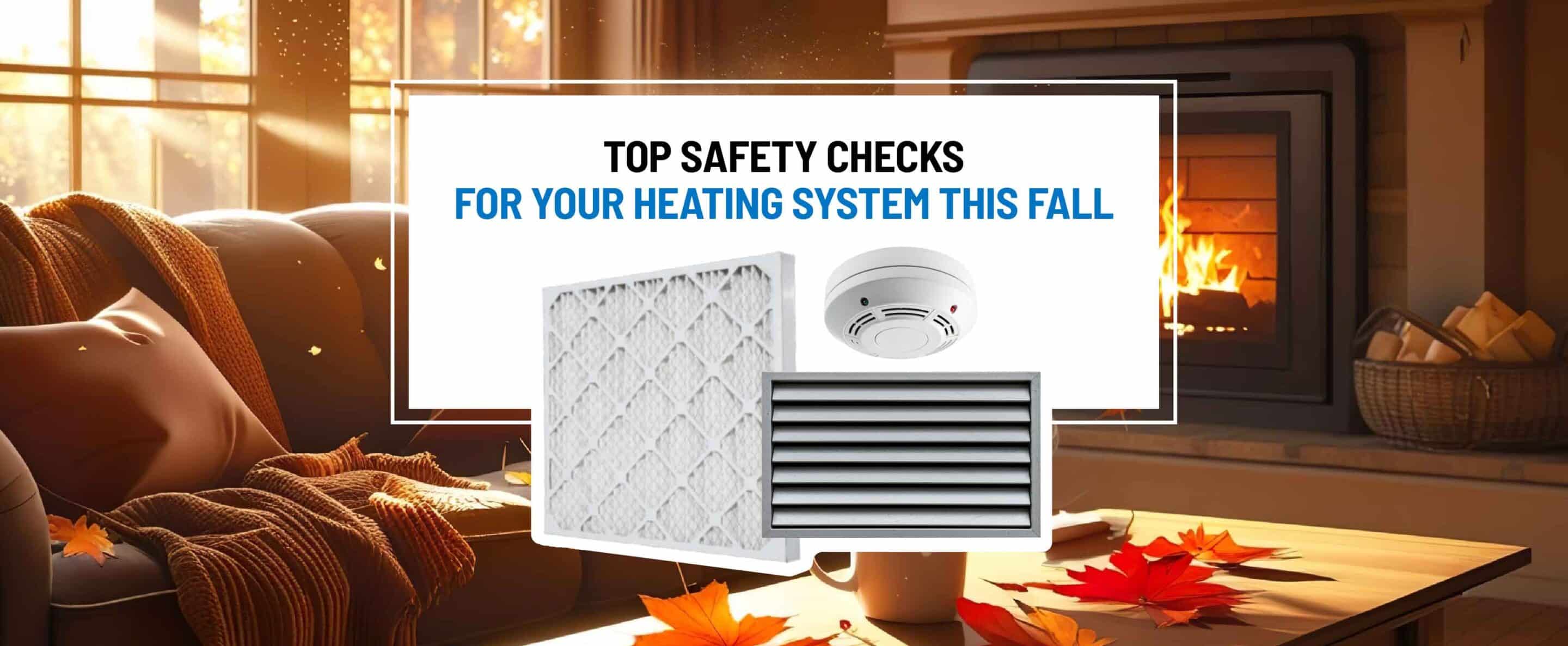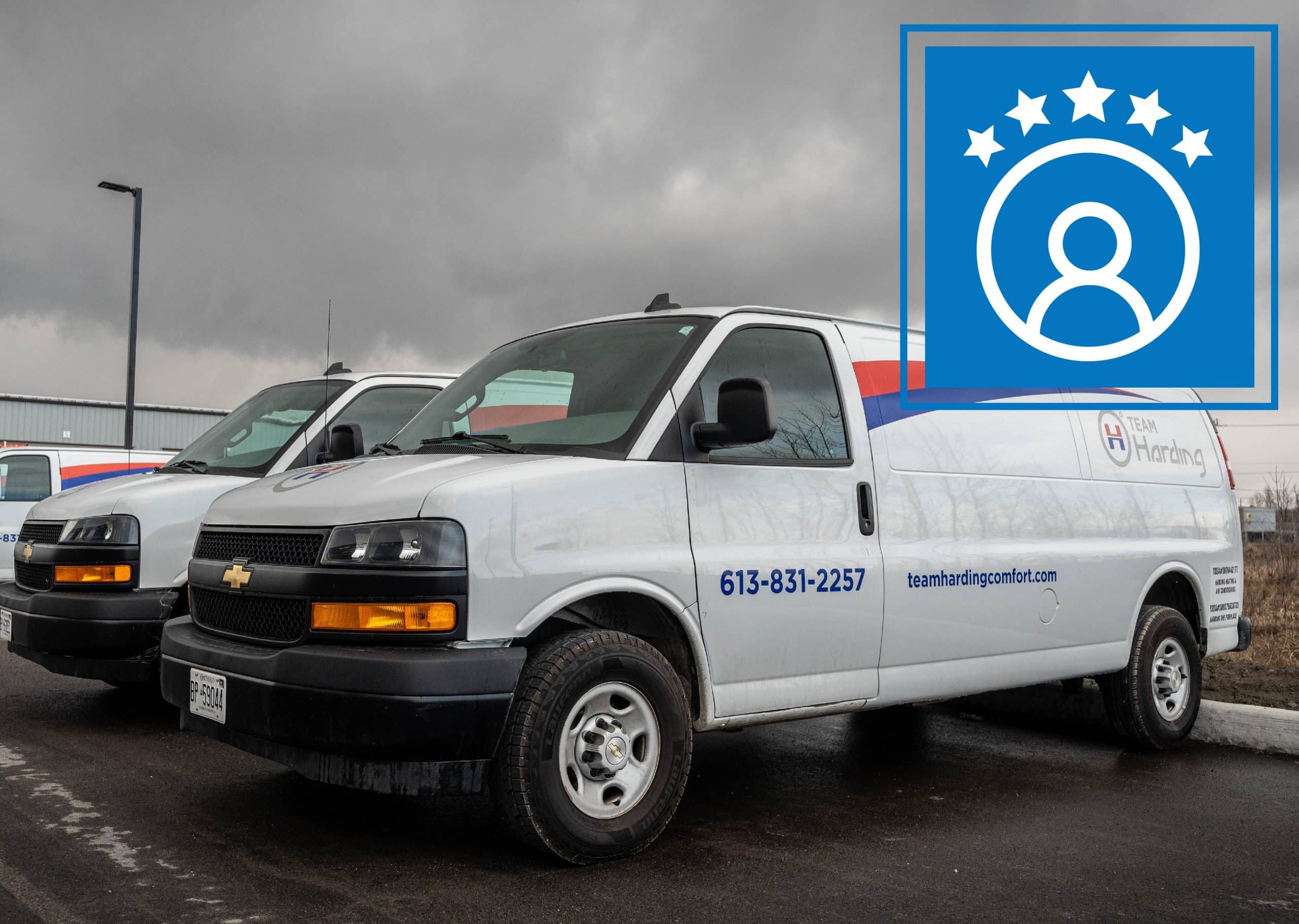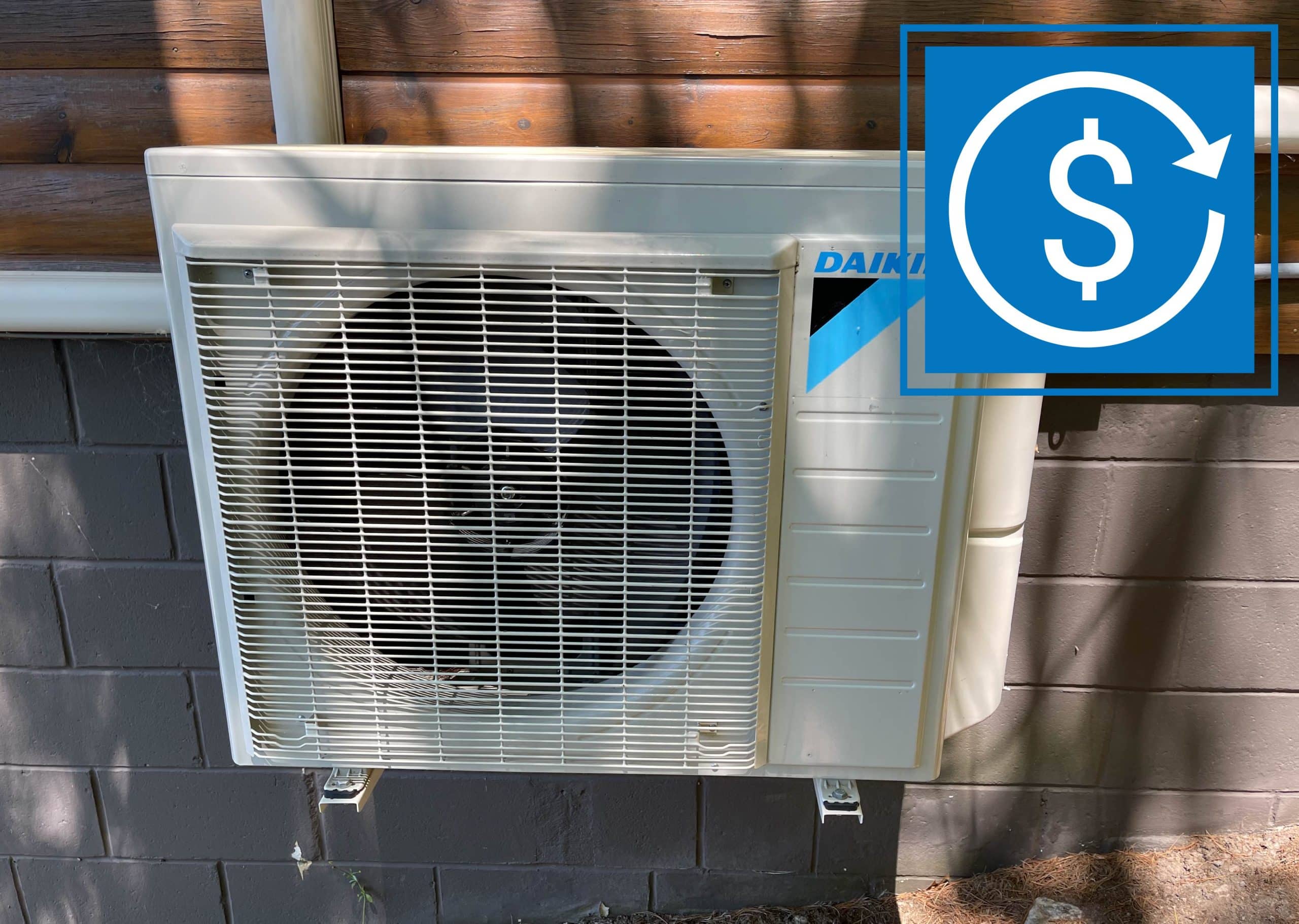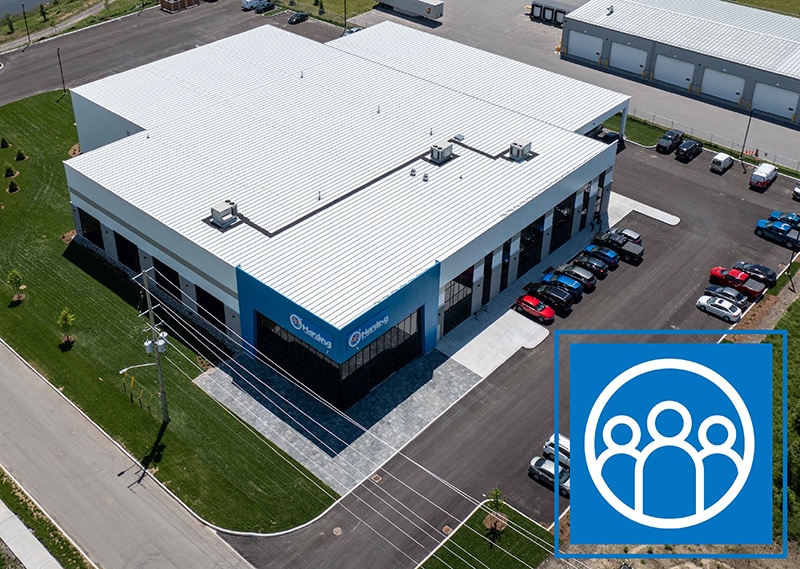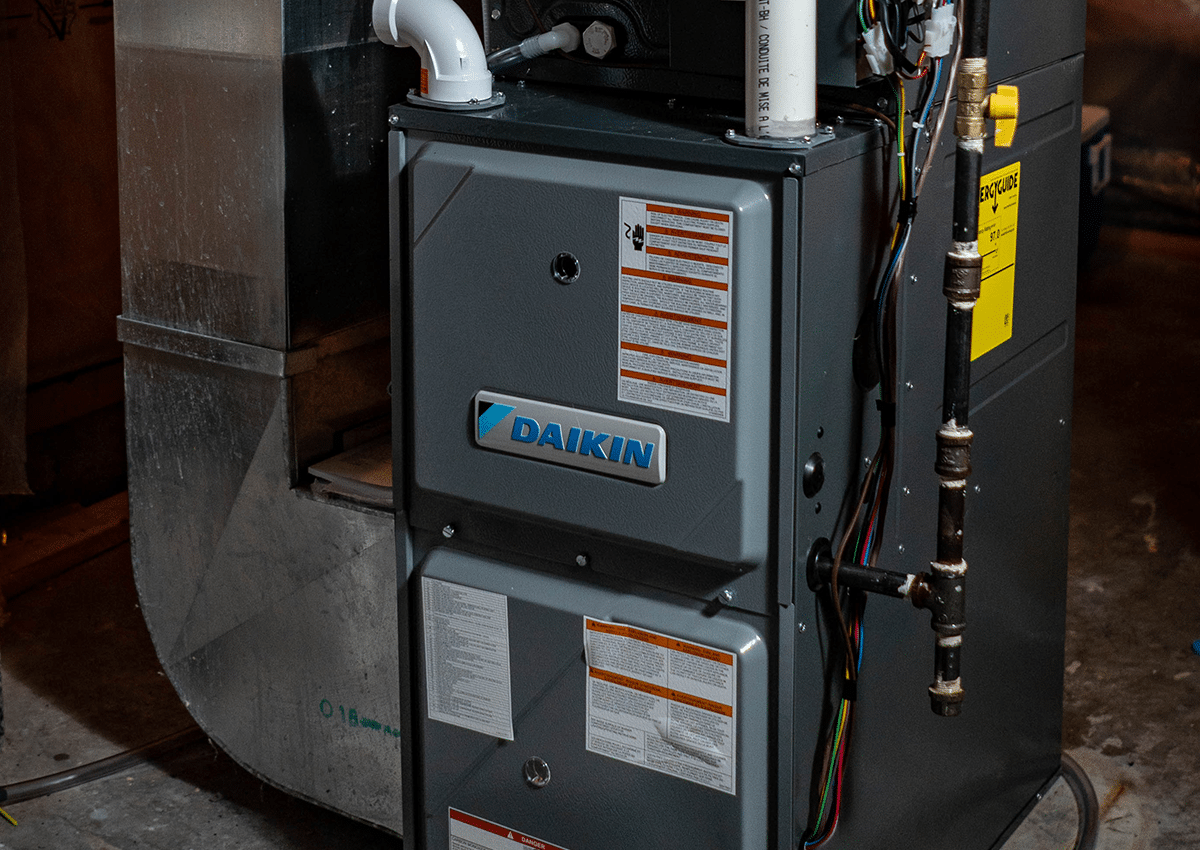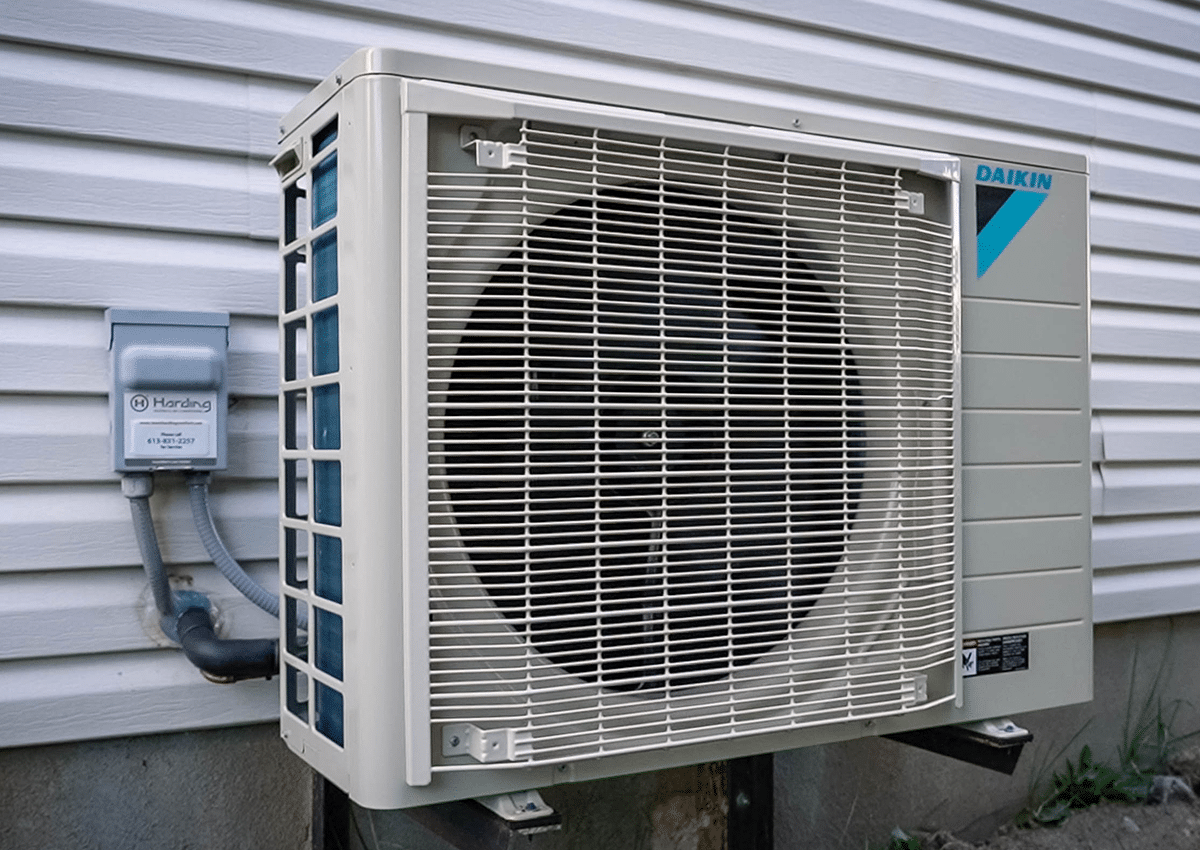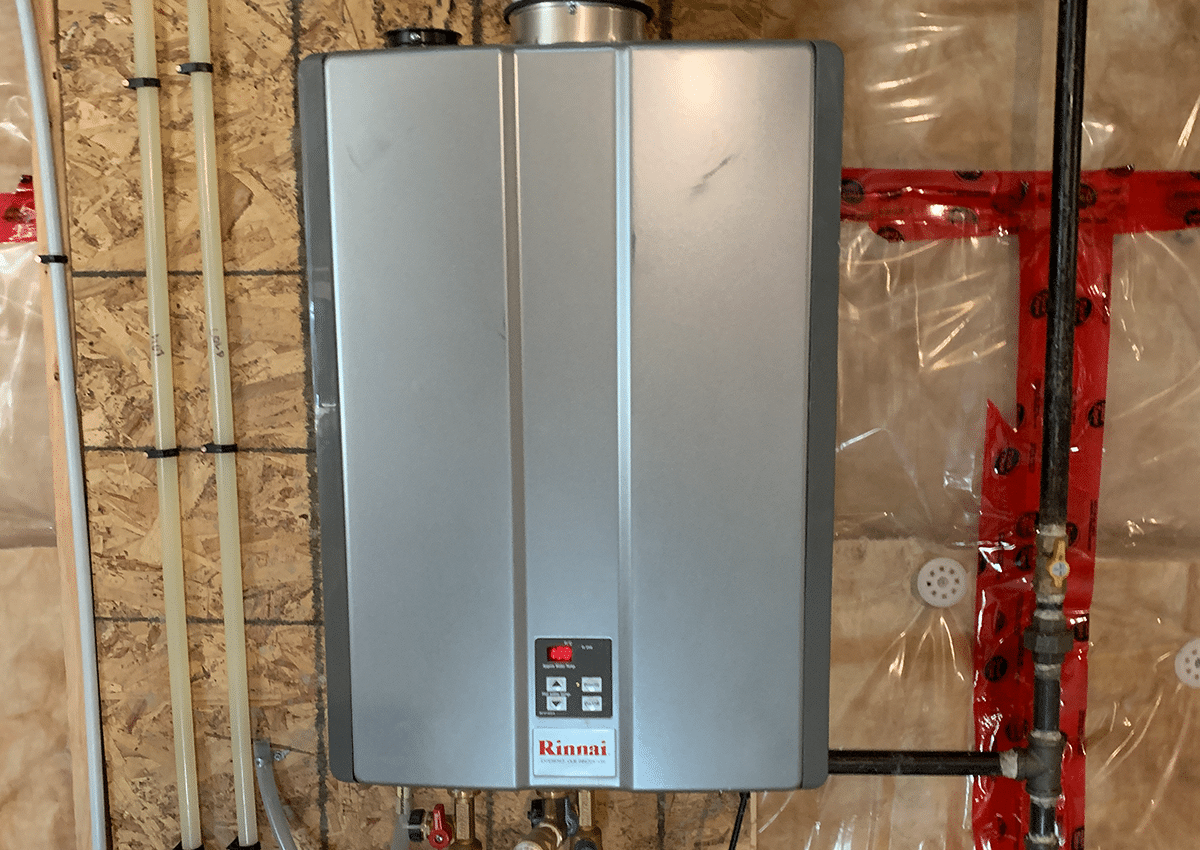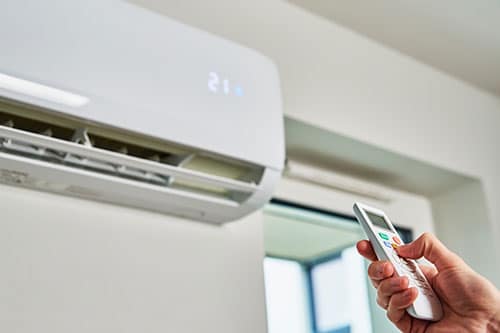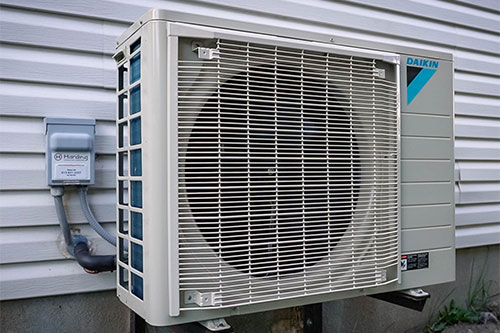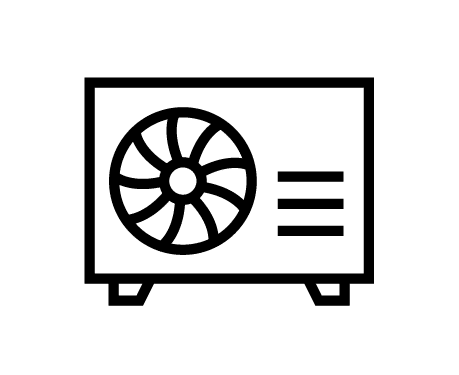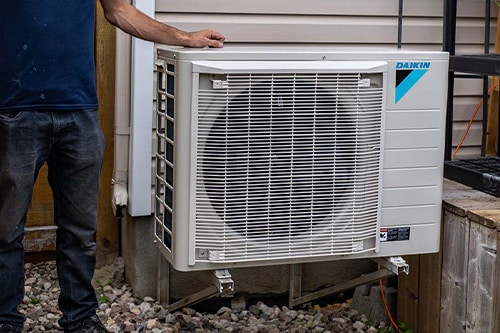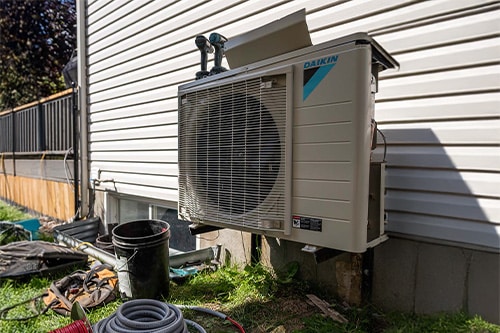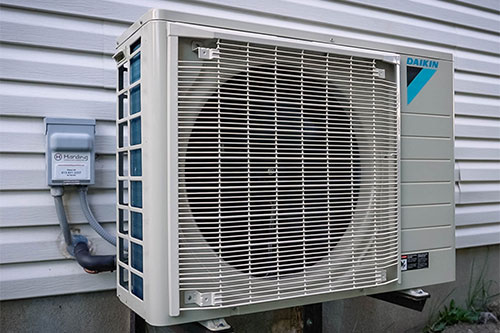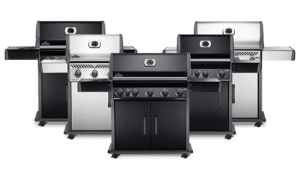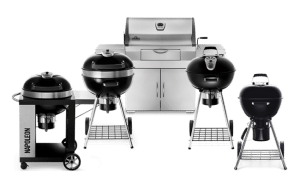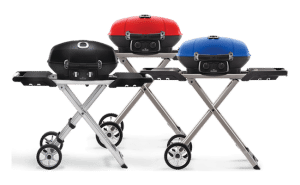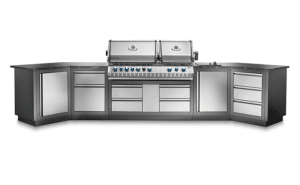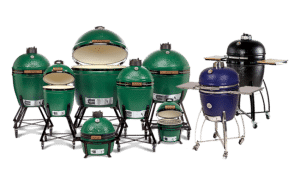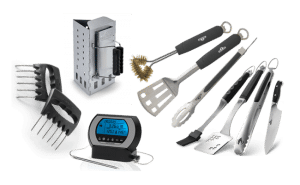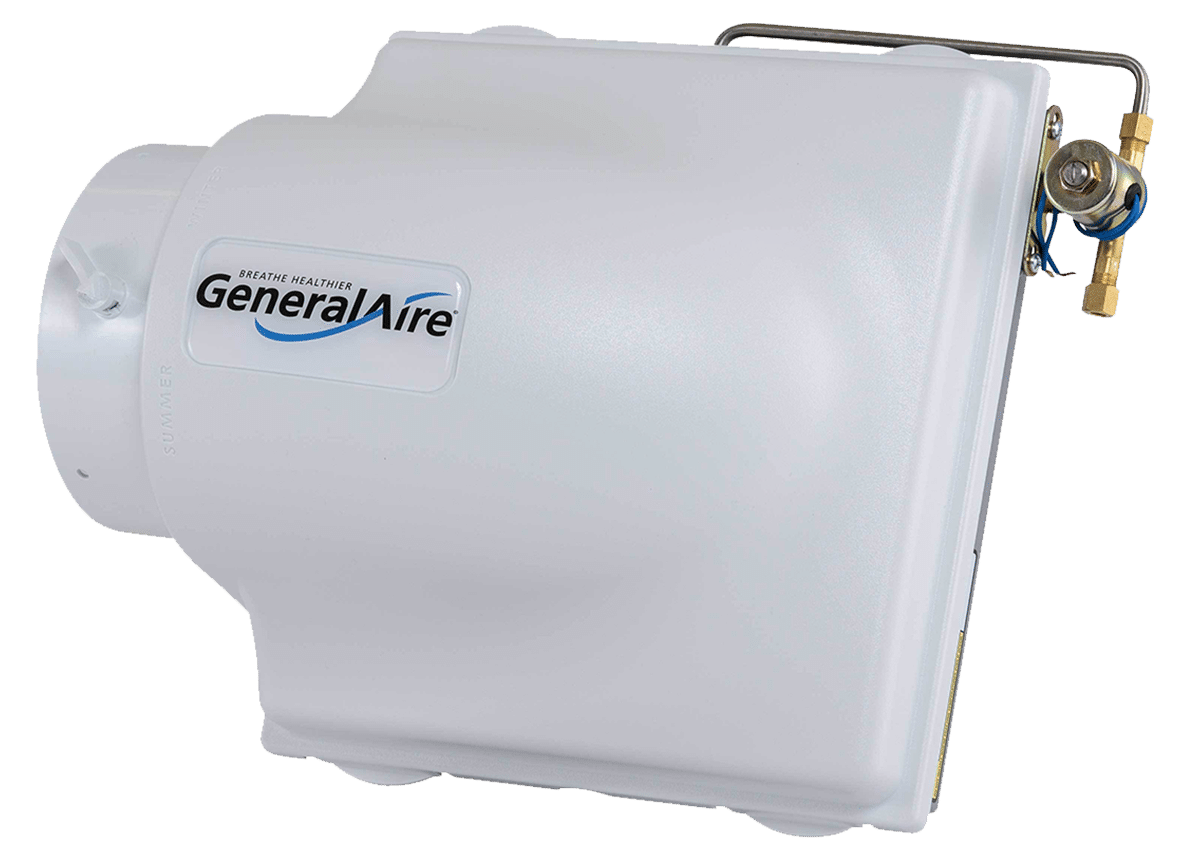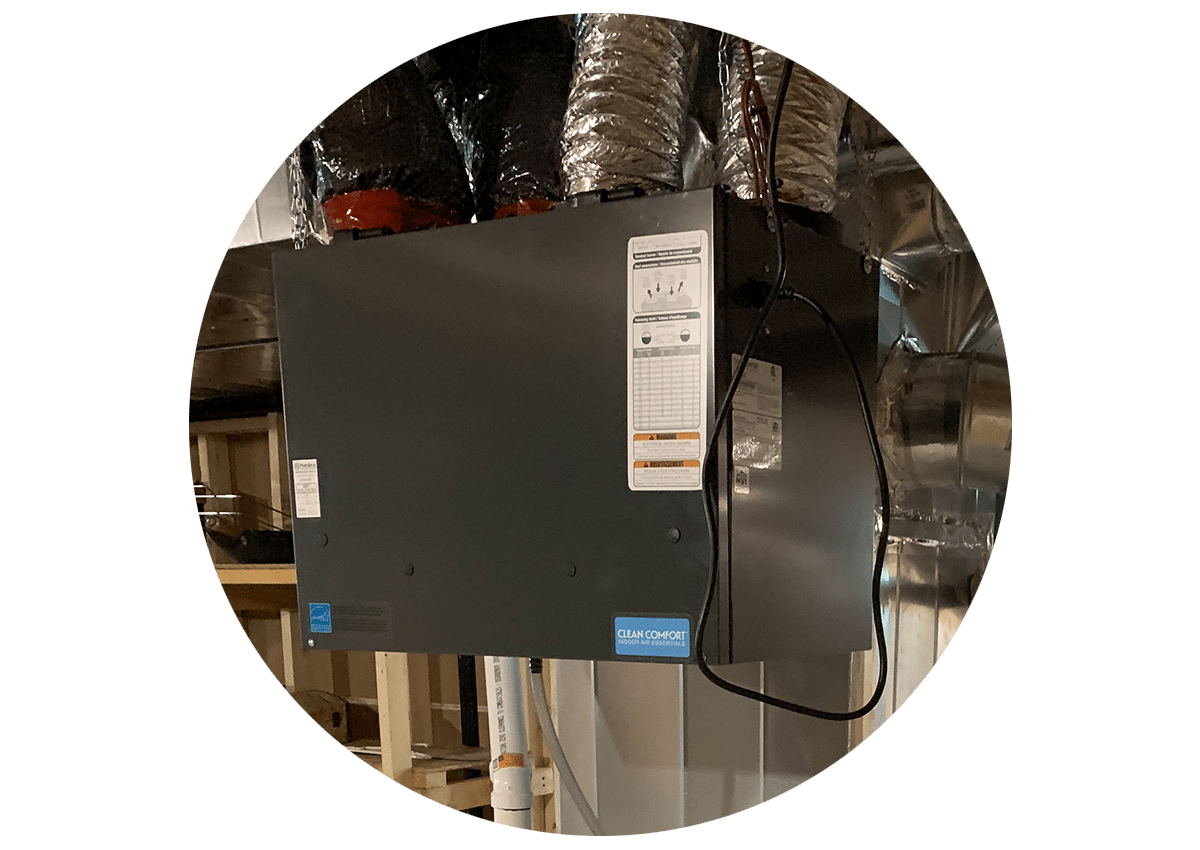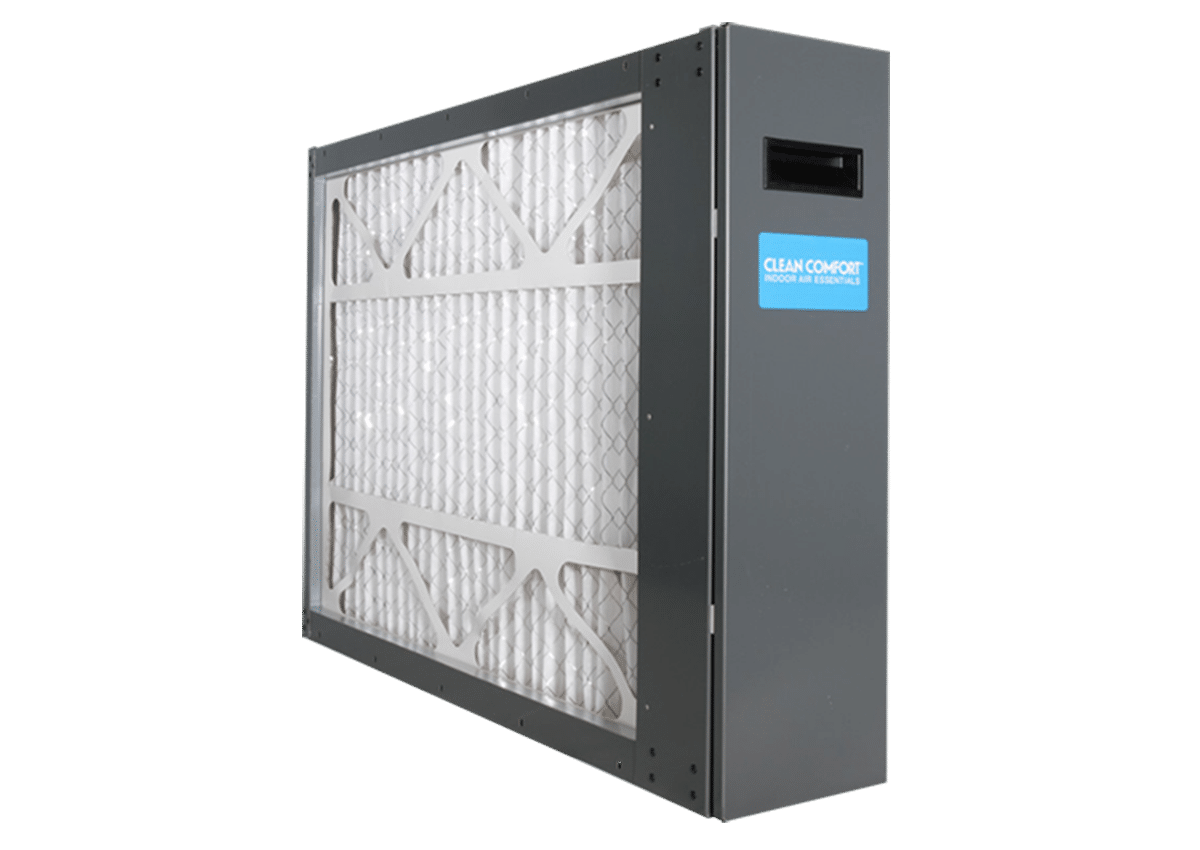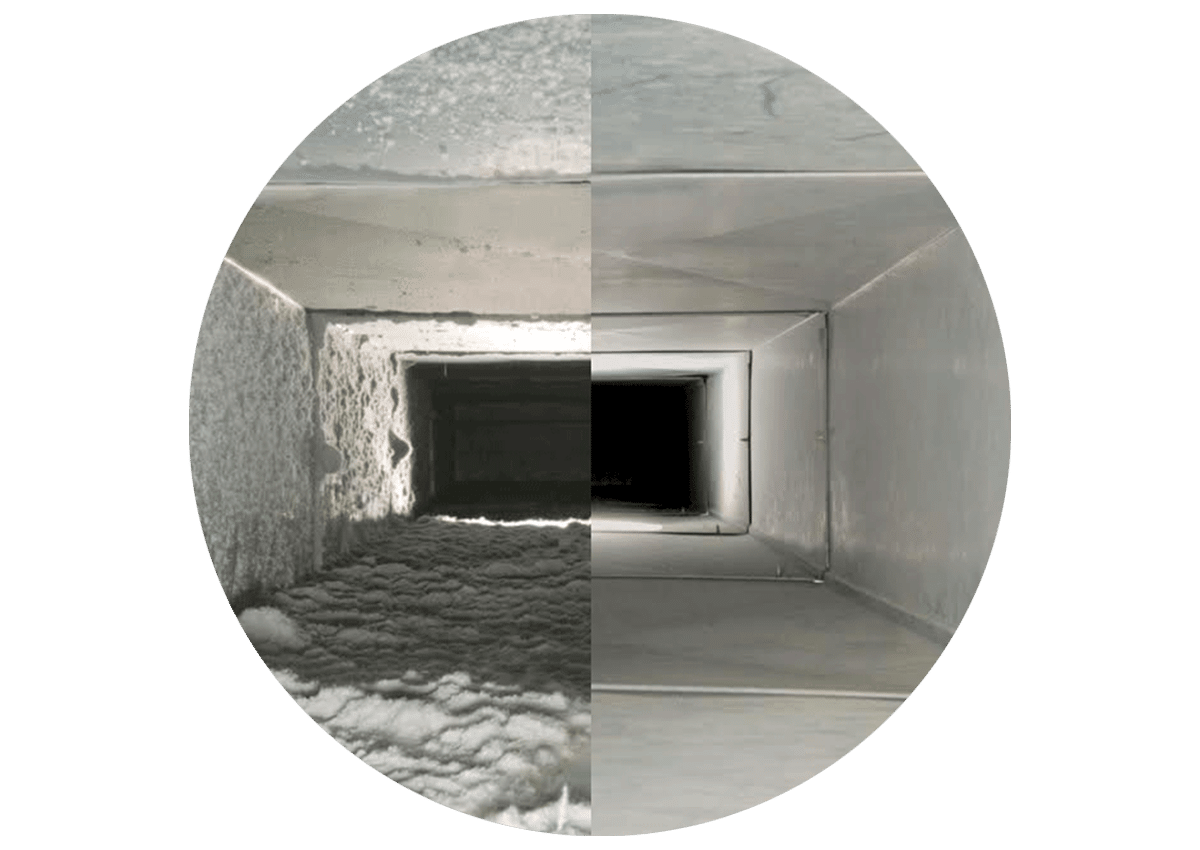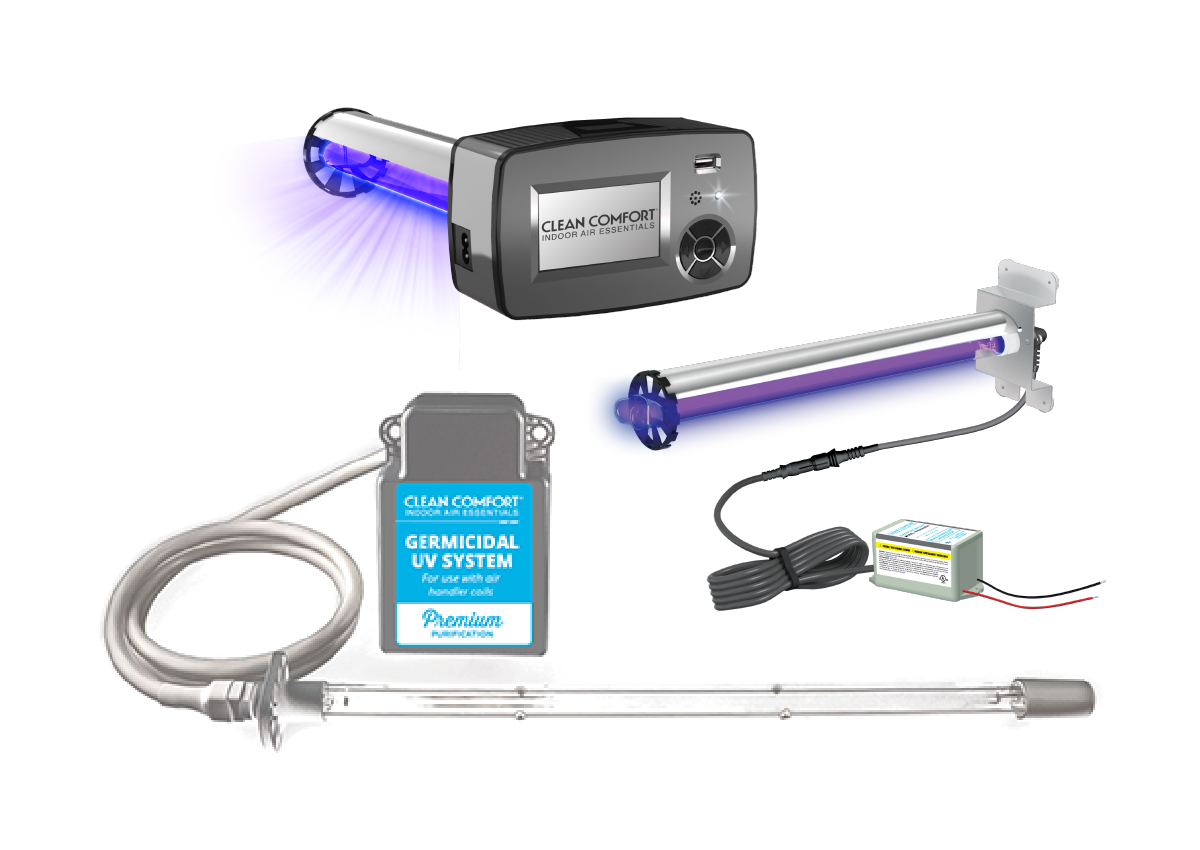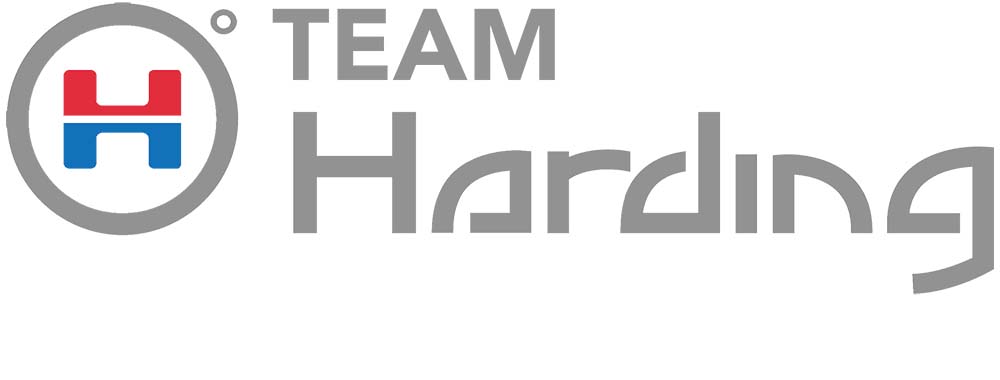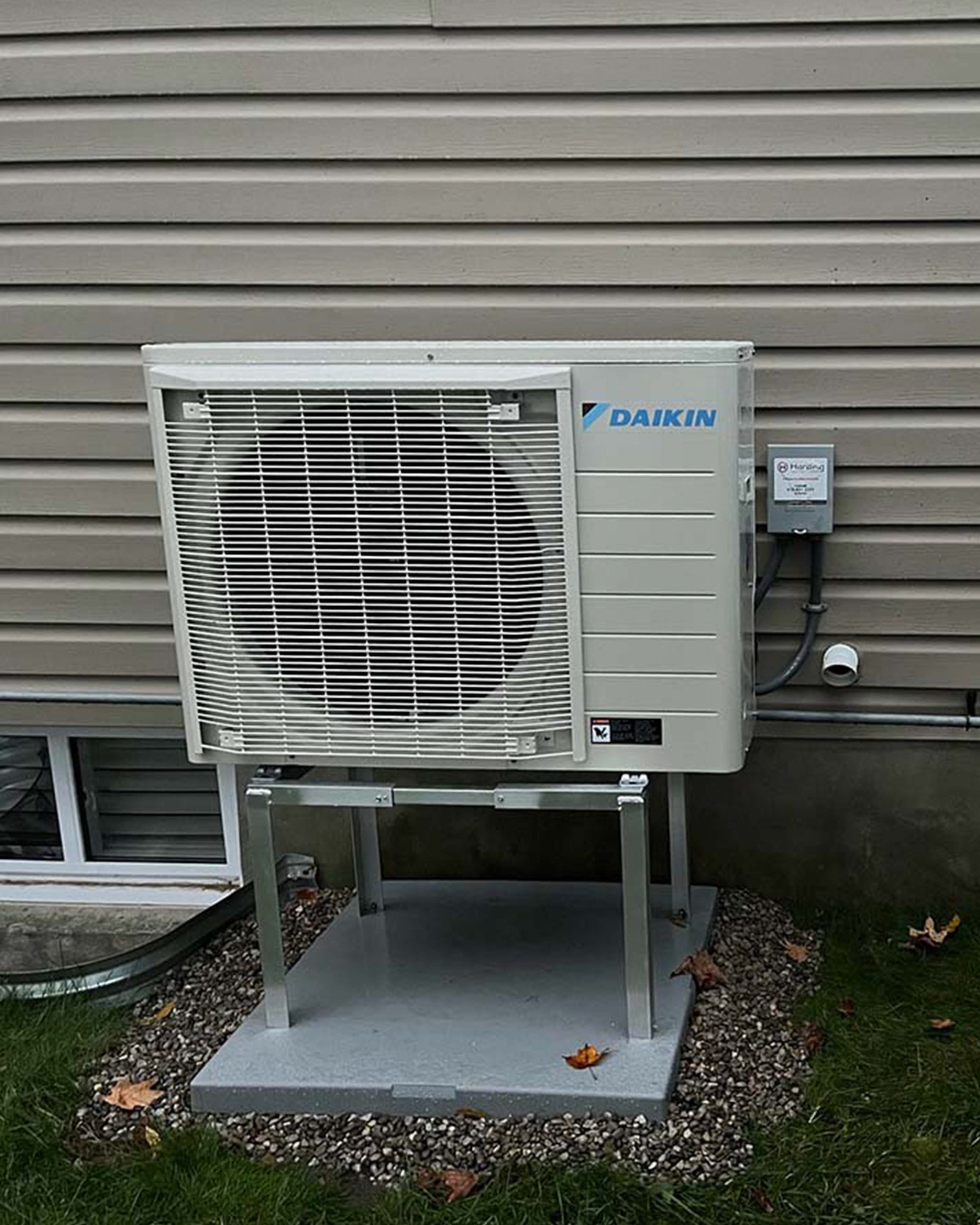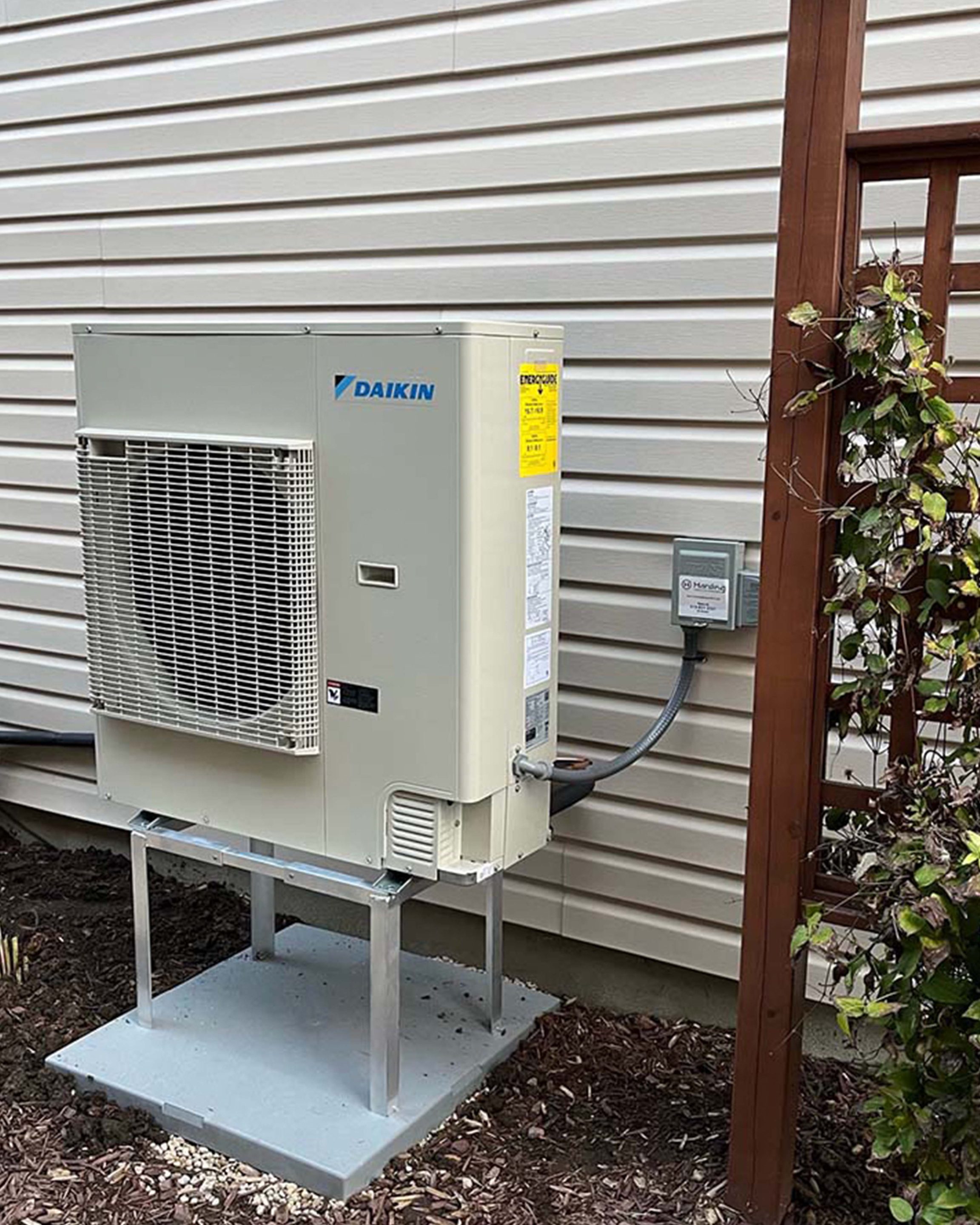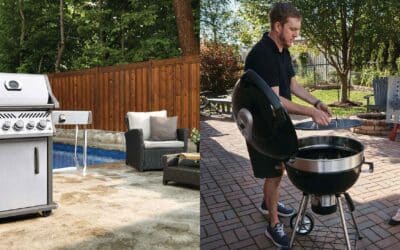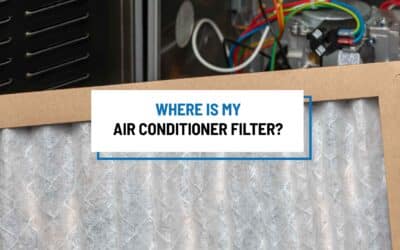I have organized a "bulk maintenance" service with Harding for the Piccadilly condominium (1422 Wellington St W, Ottawa). This year, Scott the technician, serviced 17 gas fireplaces, performing an... extensive cleaning, testing, and in a few cases repairs. In all instances, his professionalism, competence, and care was exemplary, and on top of everything, managed to educate owners on the safe use of their fireplaces. I, and all owners, are very happy with Harding's services, and this has been our experience over several years.read more
Several years ago, Harding installed my first air conditioner, and the experience left a lasting impression — the unit performed beautifully and the service was outstanding. So when I moved into my... new home, they were the first (and only) company I thought to call. Their combination of product quality and client care had already earned my trust.More recently, I ran into a small issue after the new unit was installed, and once again Harding impressed me. They didn’t just offer a quick fix — they approached it with genuine care and creative, outside-the-box thinking to ensure I was fully looked after. That kind of dedication is rare, and it’s exactly why I’ll continue to recommend Harding to anyone seeking reliable, customer-focused service.read more
Excellent service - very knowledgable, very professional. Scott took the time to answer my questions, even show me how to light the pilot light on my propane furnace. He did a wonderful job with the... repairs and cleaned everything up beautifully.read more
Steve To is a good representative of Harding! His amazing attitude right from pressing the bell to accomplishing his task is commendable. THANKS
Our AC never worked since we moved in to this new house and we were in heat waves after heat waves. Thankfully they sent in Steve To and what a guy!!! Very calm and understanding person. If i could... give more stars, Steve To deserves over 10 stars.read more
Dylan came to inspect our furnace. He identified the issue promptly and advised appropriate solutions for us. He is very knowledgeable, pleasant and efficient. We would highly recommend his services.
I had the pleasure of speaking with Lindsay when I called Harding yesterday regarding an issue with our air conditioning. With the weather heating up, our home had been reaching uncomfortable... temperatures as high as 26°C for the past two weeks, and we were really starting to feel it.What truly stood out was how kind, professional, and genuinely helpful Lindsay was throughout the entire process. We reached out just before a long weekend—one of the busiest times of the year—and despite the tight scheduling, Lindsay went out of her way to ensure we wouldn’t have to suffer through the heat. She arranged for a technician to come to our home at the end of his shift that very same day. Thanks to her, we were able to enjoy a cool and comfortable home over the long weekend.Lindsay went above and beyond to help us, and her customer service was truly exceptional. We’re so grateful for her assistance. Thank you, Lindsay, for your dedication and for making such a big difference—we really appreciate it!The technician Jon Houde come to our home to repair our air conditioning, which hadn’t been working for over two weeks. Like I mentioned earlier, when he arrived, our house was sitting at a sweltering 26°C, and we were beyond ready for some relief from the heat.What truly impressed us was that Jon came all the way from his last service call in Winchester to our home in Cumberland—right before the long weekend, no less. That kind of dedication is rare and so appreciated.Jon was incredibly kind, professional, and patient. He took the time to thoroughly explain what was going on with our system and made sure we understood the issue and the fix. It was clear from the start that Jon takes a lot of pride in his work. He mentioned he’s been with the company for quite some time, and it absolutely shows. His experience, attention to detail, and genuine care for his customers really stood out.Thank you so much, Jon, for going the extra mile (literally) to help us out. Your hard work and dedication didn’t go unnoticed, and we’re so grateful you made time for us right before a busy long weekend!read more
Hi Scott and James (coop student) performed the annual inspection of our gas burning fireplace on Friday, They were thorough and ensured the cleaning was performed perfectly, including repainting the... tray. Upon re assembly and testing they noticed an issue, and worked diligently to resolve it. Always polite and respectful. Great team.Many thanksread more
Amazing team at Harding my furnace broke on one of the coldest nights this winter they replaced it in less than 48 hours !! while it usually takes not less than a week, lending us for free small... heaters to warm the house, multiple calls from the call center agent who was very understanding when I explained I have an elder person at home kids and pets and can't afford going to a hotel for days...I highly recommend very professional staff and great humans !read more
Over the past couple of weeks I have had the pleasure of working with two excellent Harding technical resources, Scott and Dylan. Their technical expertise is impressive but their customer facing... abilities are very impressive. They were both great to deal with and made the complexities of their tasks into simple to understand activities. Their approach to their jobs was the main reason for why I turned my maintenance to Harding.Keep up the good work!!read more
Dylan came and performed maintenance and cleaned our gas fireplace. Super nice guy and fireplace works perfect after. Thanks
Great service from Adam. I called him Adam "The Magician" - very professional and GREAT personality.
The installation of my humidifier went very well!!! Thank you
Liam and Dylan attended my residence to service my furnace. They were great, friendly, professional, and very personable. They even helped me with something unrelated as I required assistance.
Always good service from the Harding technicians. Today (Dec. 23, 2024) Dylan serviced the furnace and fireplace. He took the time to explain everything he did and what to watch for. Excellent... service by Dylan.read more
Steve and Team Harding saved us today, we had an emergency situation with a malfunctioning furnace at -10 outside, it was done in under 10 minutes on the same day. We will be having warm evenings... this weekend.read more
Scott and Calvin went above and beyond what I expected when they serviced my fireplace. They were highly professional, friendly, efficient, meticulous and made my fireplace look like new!
Absolutely amazing Service experience. Adam came and thoroughly cleaned our fireplace. Our fireplace was not working before he arrived and he got it up and running. We were told by previous company... that we needed parts. Adam was very polite and explained what he was doing as he did it. Thank you so much, Adam. I’m sure we will see you again.read more
Excellent service, timely and excellent workmanship.
Very professional and knowledgeable team. Great customer service.
I am very impressed and pleased from the in-house service. Steve fixed our issues and spent a good time to explain the Eco bee features. He is very professional with a strong knowledge of the... products and servicesread more
Thank you so much for the great work!!
Amazing work! Absolutely great work! Thank you so much!
We've had Harding clean our air ducts and they always do an excellent job. We recently had them come in to check our AC when it wasn't running during a heat wave. Would have paid anything to get... that sweet AC running again. Turns out it was just a blown fuse we missed. Honest people!read more
Harding technician was very helpful in choosing an appropriate air conditioner for my house. They were professional and punctual. Price was also better than the other three companies I got quotes... from. I have no concerns that my air conditioner unit will work well for me.read more
Team Harding installed my new air conditioner one week after getting the quote. Mark and Matt arrived on time, went straight to work and did an excellent job, cleaning up everything perfectly!They... were so easy to get along with and my new air conditioner just hums so quietly. Great price, great service, great people!Team Harding truly deserves a 5 star rating, I highly recommend this company. Thank you so much!!! 👏Terry Stanselread more
Quick, friendly, and informative service on the initial free consultation, fantastic pricing, a fast install time on the new furnace we purchased, and generous warranty support. Harding has been... excellent for us and we are grateful to have done business with them!read more
We recently purchased a new wood burning fireplace from Team Harding and are delighted with the experience. From John in sales, Christine in sales support and coordination, Luc and Austin the... installers, and Jason and Brandon the finishers that did an amazing job on a challenging tile installation, Team Harding did a fantastic job and the project went extremely well. We are thrilled with the final result and highly recommend Team Harding.read more
Very skilled, knowledgeable, personable service with this team.My fireplace was assessed, needed parts, and works like new now.The office communicates very well on timing of appointments.I will... recommend them to my friends and family.read more
Great customer service. From sales to technicians, everyone was friendly and quick to respond. They provided us with proper documentation, and installation was quick. We purchased a heat pump and A/C... this time around but also purchased an A/C years back and had no issues. Definitely recommend!read more
Thank you to Jill and the two techs that serviced our fireplace. Great work and service.
Excellent service from Sam today. We had a few issues with our humidifier connected to our furnace and also our HRV system, and Sam easily corrected them and also explained very well how things work... and need to be maintained. Very happy now!read more
Quick response, friendly customer service and technician. The technician found the problem and replaced the part to get our furnace back up and running fast! Thank you so much!
Experiencing heater malfunctions in the beginning of January is never ideal, specially with 2 lil'Ones. Luckily the Tech on call was Colin. He was Patient, Knowledgeable and quick to answer the... call. As a Family of 4 humans & 1Pup we give Colin 👍x4 & 🐶x1.Thank You.read more
Amazing service from Steve To!Came home to a freezing cold house and found my furnace not working. After making a call, Steve was here in less than an hour and within 30 min my furnace was running!... Thank you!Highly recommend!read more
The Technician was very professional and explained what needed to be done to keep the humidifier running efficiently.
Harding installed a new furnace and heat pump. The technicians were very professional and did a great job working with a complex wiring system. We would highly recommend Harding.
Very fast and efficient. Removed old furnace and Installed a brand new Furnace within hours and under a month of quote approval. By far the best pricing compared to other HVAC companies.
Prompt response when my furnace died. Repair technician assessed my furnace and we determined I needed a new one. Sale person was able to come the same day. Install was booked a few days later and... they offered some portable heaters since we had no heat. Installer were on time and everything was done in a few hours.read more
We've been supported by Team Harding for over 20 years. Great products, great service and wonderful people. Dependable, conscientious and thorough. I believe it's because of a "customer comes... first" attitude amongst the people at Harding. Cheersread more
Great company to deal with!
Team Harding provided quick and efficient service with a leaking water tank a week before going holiday. .
Very good service. Explained everything very well.
Very good experience! John is very knowledgeable and efficient.
I am very happy with my purchase and the fireplace installation. My wife and I have used it multiple times since it was installed and it works exactly as advertised. It turned a cold room in to a... comfy room that we thoroughly enjoy.My wife and I were leaning towards purchasing a fireplace with high BTU output and a fan. The team at Harding pushed back, and said we would be too hot. I appreciate their honesty. Consider they gave up a bigger sale.The installers (James + Adam) were thorough, neat and patient answering our many questions. I told them that my former wood fireplace had an ice-cold hearth. I asked them why, and they showed me that the original fireplace was not assembled correctly; it allowed cold air to come down around the fireplace, especially the hearth. It was awful. I really appreciated how they sealed the leak and added insulation. The problem was eliminated.The finishing team (Brandon and colleague) were also meticulous. They did not rush the job. I was out of town during the finishing and they suggested WhatsApp video calls, which worked very well and allayed my concerns.I would especially like to acknowledge Kirsten Neumarker. She is the project coordinator at Harding who schedules resources to install and finish fireplaces. She is very organized and is an excellent communicator. She reached out to me proactively and worked hard to accommodate my schedule also. She would often answer my emails and phone calls in minutes. I find this uncommon among contractors. She made a difference.Overall, a positive experience and I recommend them without reservations.Oh, and check out the photo attached of the finished product. We love it!Mikeread more
Team Harding is reliable, trustworthy, and professional. I would recommend their services to anyone.
We have used Harding repeatedly over the past few years. First when replacing our furnace/AC unit, and most recently when moving duct work before a basement renovation, and now a new gas fireplace!... Team Harding is conscientious, professional, with attention to detail and quick turnaround. I could not recommend them more!read more
We had a great experience with Harding! They came to do a complimentary walk-through with us when we moved into our new build and walked us through everything we needed to know for HRV, etc. We also... hired them to install a humidifier -- the team was very professional, and responded to emails/calls very quickly. The were able to schedule us in asap for the install before winter hit! They showed up on-time for the installation and all went well! Definitely recommend.read more
We had Luc and Dylan from Team Harding to our house to relocate a gas line for our kitchen range. The mechanics showed up on time and were very nice and friendly during the whole appointment. Not... once did I get the feel it was a 'get in - get out' job for them and that makes any service appointment much more pleasant!read more
Great service! Great crew. Fast install and attention to detail.
Team Harding has been responsive, reliable, and professional! Each interaction with them as been amazing.
I've been using services a few times from Harding for more than 10 years. Their technicians are always professional and polite. The whole process of calling until service is done has always been... smooth. It's just peace of mind with Harding.read more
The installation of our AC went well and appreciate the coordination and efficiency of the entire crew.
We have used them for warranty work on our new home build and have been happy with the after care service provided by Lindsay and Bob.
I changed the rate because the reaction from site office is extremely satisfy. I have no heat during the weekend and complained. I got a respond very quickly from their site office and find out the... reason of no respond. Then a new appoint was scheduled right way! Also a report has been filed towards this issue and I believe communication will be taken to improve future services. I really like this manner! Thank you.//I have no heat on the coldest day this winter. I called for service at 10:28am, and the office lady said someone will reach me ASAP. I called at 17:26pm again because NO ONE called me the whole day. And I was told there is a long list so THEY DON'T CARE! I HAVE TO WAIT! And this is a same problem happened second time in two years. Do not recommend.read more
Very professional, clean install. High quality product.Extremely pleased with overall experience. Highly recommend.
I had an extremely positive experience with Team Harding from beginning to end. I had them install a Sterling Model GG 45,000 BTU Natural Gas Garage Heater with a Nest Learning Thermostat in my... double garage (Man-Cave).The sales rep, Brian was professional, friendly, he wasn’t pushy at all and he came under budget. Kirsten constantly kept me up to date on the installer’s scheduling and was a true professional. The installers came on time, did a tremendous job with the installation and they even cleaned up afterwards. Absolute Rock Stars!Again, thank you so very much to everyone that worked on this project for me.I highly recommend using Team Harding for your home projects.read more
Great experience, technician Steve was very knowledgeable, Thankyou
We had issues with our air conditioner in the summer.Colin was diligent to determine the issue and get it fixed.Great job!
